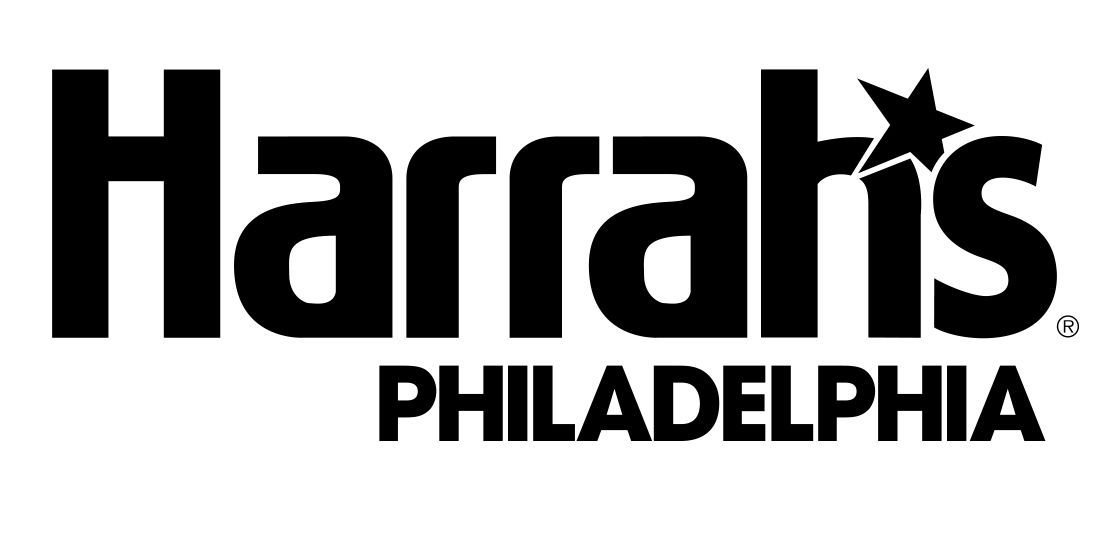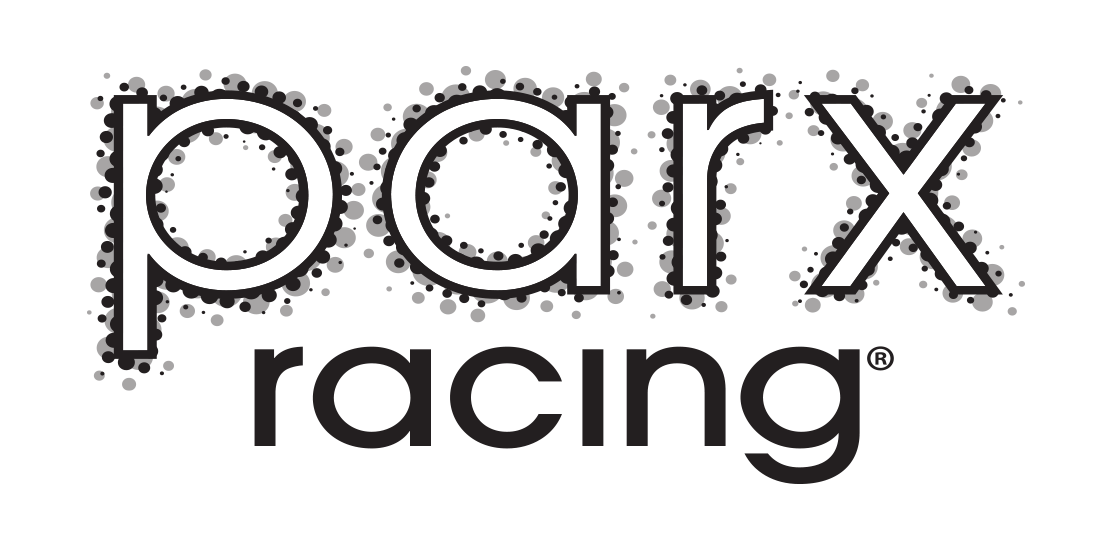Have you ever wondered how owners and trainers decide which race is best for their horse? Across the United States, horse races are broken down into different classifications to determine which horses are eligible to run in certain races.
Thoroughbred racing:
While races can be restricted by sex, age, state-bred status, or other restrictions, thoroughbred racing is typically broken down into six different classifications of races. Each classification has multiple subclassifications.
Maiden Races:
Maiden races are where the majority of horses start their racing careers due to the fact that they are restricted to only allow horses who have never won a race.
- Maiden special weight races are simply for horses who have never won, and the overall purse of the race often determines the quality of horses entered.
- Maiden claiming races are a step down in class from maiden special weight, and they allow non-winners to be entered for a potential claiming price. Similarly, the purse of the race often determines the class of horse competing, with better quality horses typically competing for higher purses and claiming prices.
Claiming Races:
Once a horse “breaks their maiden”, they have an array of options to compete against winners. The lowest level is claiming races, where horses can be purchased out of a race for the determined price. Similarly to maiden special weight and maiden claiming races, the purse level and claiming price differentiates the quality of horses competing at each level, but claiming races also offer a variety of more specific conditions for certain horses.
- An “open” claiming race offers no conditions and allows any horse to be eligible.
- “n1x” races, or non-winners of one other than, are open to horses who have not won one race other than the type of race specified in the conditions. Similarly, “n2x” or “n3x” are restricted to horses who have not won two or three races other than specified type.
- “n2l” races, or non-winners of two lifetime, are for horses who have not won more than two races of any type in their career. Similarly, the number after the “N” can be adjusted.
- “n1y” races, or non-winners of one in a specified time period, is open to horses who have gone winless over a certain period of time.
- “n$y” races, or non-winners of a specified amount, are open to horses who have earned less than a specified purse amount over a certain time period.
- “n1m” races, or non-winners of less than one mile, is open to horses who have not won at the distance of one mile or farther over a certain time period.
- “n$my” races, or non-winners of a specified amount OR less than one mile, combines the previous two described conditions.
- “Conditioned” claiming races, denoted by a b, are open to horses age three-years-old and up, but the race conditions (ex: n2l) do not apply to the three-year-olds in the race.
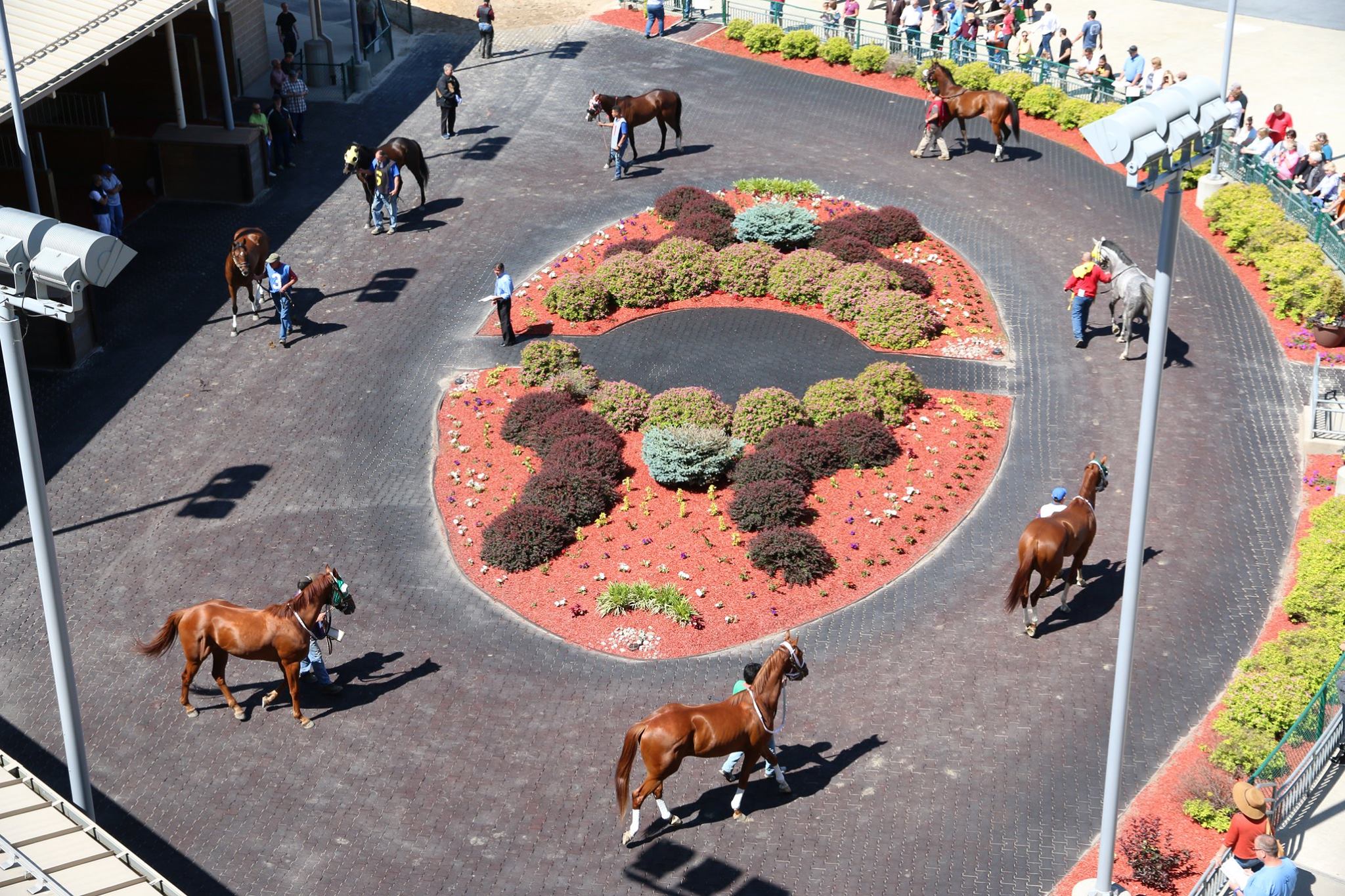 Optional claiming:
Optional claiming:
Optional claiming races are just as the name describes: they don’t require all entrants to be entered for a claiming price. With similar conditions as described above, a horse has the option to be entered for the specified claiming price, but if not, they simply have to meet the conditions of the race to be able to compete without a claiming tag.
Starter races:
Starters races are open to horses who have run in claiming races and are broken up into two different types of races: allowance and handicaps.
- Allowance races allow horses to carry a predetermined weight specified by the conditions of the race.
- Handicap races have each individual horse’s carried weight determined by the racetrack’s racing secretary or track handicapper.
Classes of starter races are determined by a minimum claiming price that a horse must have started for to be eligible for the race. For example, “alw25000s” is a starter allowance open to horses who have run for a claiming price of $25,000 or less. Sometimes, a starter race can also restrict the minimum claiming price over a specified time period, such as within the past year. Horses are not eligible to be claimed in starter races.
Allowances:
As described above, allowance races have a predetermined set of weights as specified in the conditions. For many horses, allowance races are the next logical step up after breaking their maiden. The purse of the allowance race often determines the quality of horses competing in them, with some upper-level racetracks offering upwards of $100,000 in their top-level allowance races. Allowance races can be optional claiming races, and typically offer higher-quality horses for a pricey claiming tag as compared to regular claiming races. In addition, allowance races are broken up into numerous different conditions, and all of the specified conditions described in the claiming races section (n1x, n2l, n1y) also pertain to allowance races. One additional condition is “n1s”, which is open to horses who have not won a stakes race in their career.
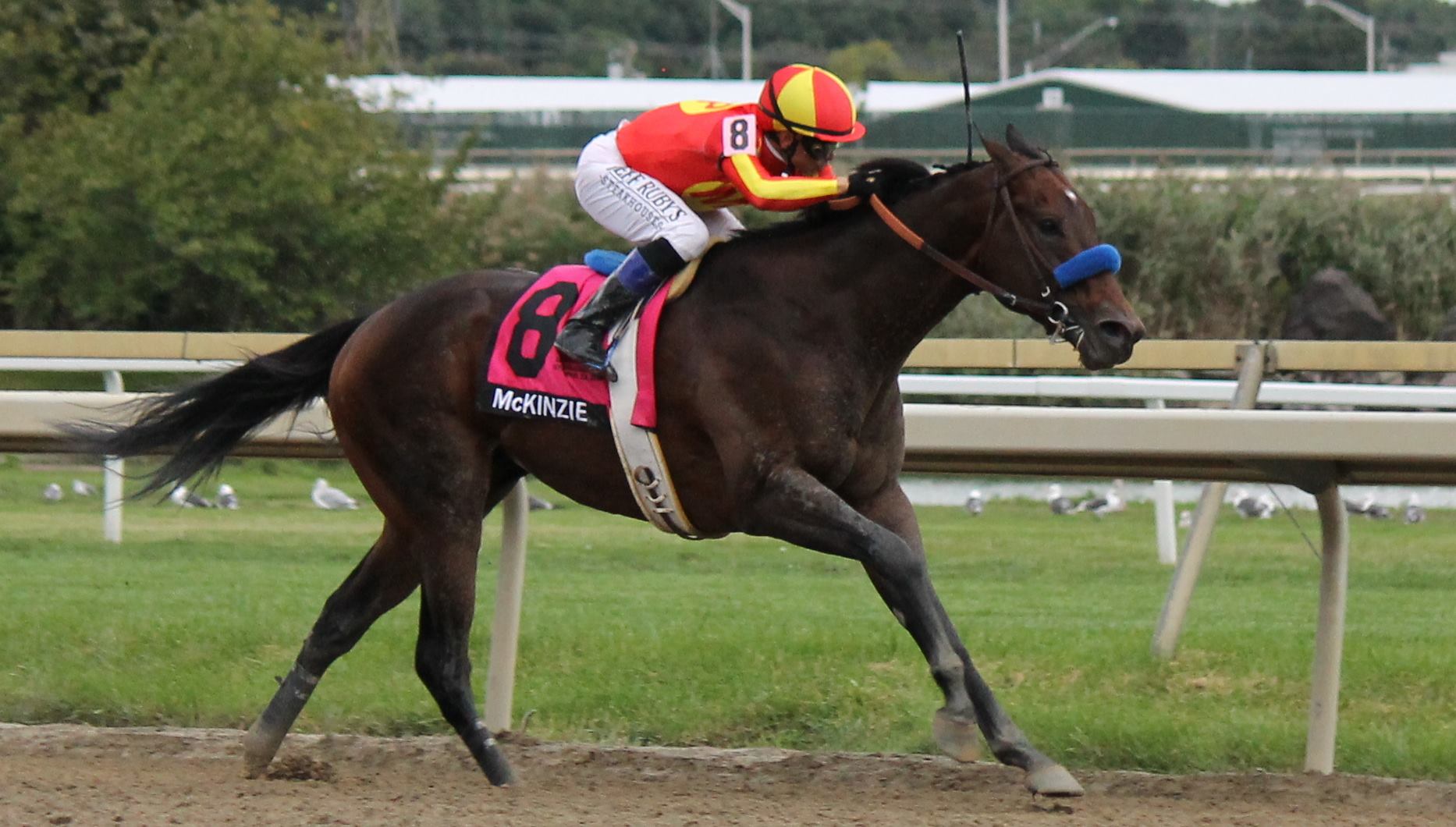 Stakes races:
Stakes races:
The highest class of horse race is a stakes race, and thoroughbred racing offers numerous subclassifications of stakes races with increasing difficulty. The coveted “black-type” specification pertains to horses who have won or placed in a black-type stakes race.
- Handicap races, as described above as races where carried weight is determined by a racing secretary or track handicapper, are an option for black-type stakes races. While declining in popularity over the years, handicap races used to be the dominant form of stakes race prior to the introduction of the grading system in 1973. For much of the 20th century, horses separated themselves from their peers based on the amount of weight carried. Some of the sport’s greatest stars cemented their names into racing lore for their incredible weight-carrying ability. Few traditional handicap stakes remain today.
- Non-listed black-type stakes races are the lowest level of stakes race and lower level of ungraded stakes. Many restricted state-bred stakes races make up this level. Non-listed black-type stakes races must carry a minimum purse of $50,000.
- Listed stakes races are the second lowest level of black-type stakes race and higher level of ungraded stakes races. Restricted stakes also make up this category. Excluding state-bred races, listed races must carry a minimum purse of $75,000.
- Grade 3 stakes races are the first step up from the listed level and the lowest level the graded scale. Grade 3 stakes races must carry a minimum purse of $100,000.
- Grade 2 stakes races are the middle level on the graded scale and must carry a minimum purse of $200,000. The Presque Isle Downs Masters Stakes at Presque Isle, Penn Mile at Penn National, and Gallant Bob Stakes at Parx are Grade 2 stakes races.
- Grade 1 stakes races are the highest level of racing classification in thoroughbred racing and includes races like the Kentucky Derby. They must carry a minimum purse of $300,000. The Cotillion Stakes and Pennsylvania Derby at Parx are Grade 1 stakes races.
Towards the end of each year, the Thoroughbred Owners & Breeders Association meets to determine the grade each race will carry for the following year, often downgrading and upgrading a handful of races based on their quality of runners over the years. The Cotillion Stakes became Pennsylvania’s first Grade 1 stakes race in 2012. The Pennsylvania Derby followed in 2017. In 2021, 849 races were awarded black-type status, with 211 assigned non-listed status, 11 assigned listed restricted, 182 assigned listed status, 210 assigned Grade 3 status, 135 assigned Grade 2, and 100 assigned Grade 1.


